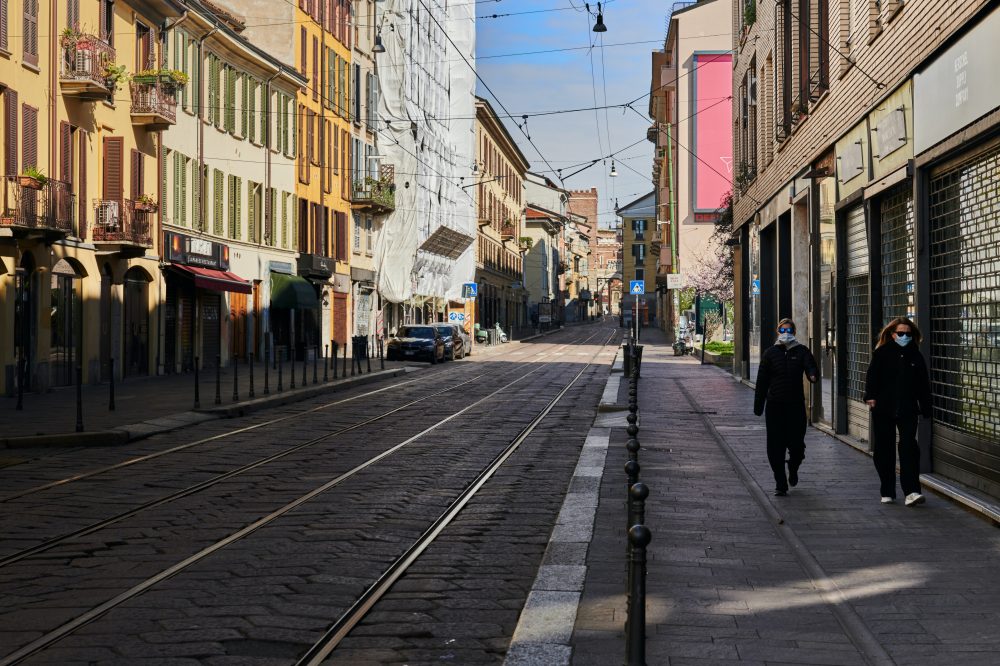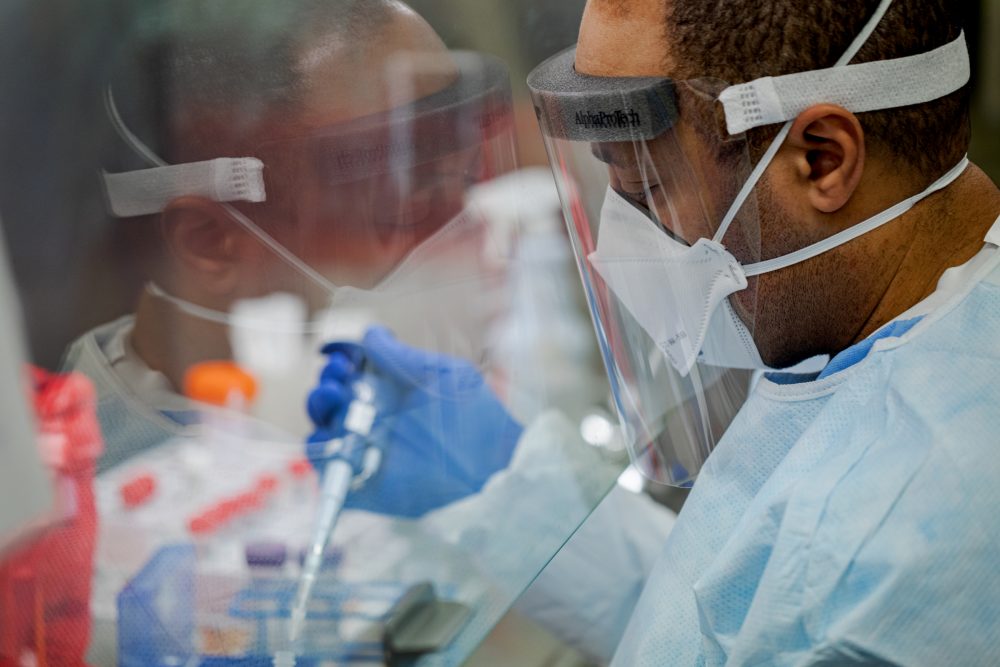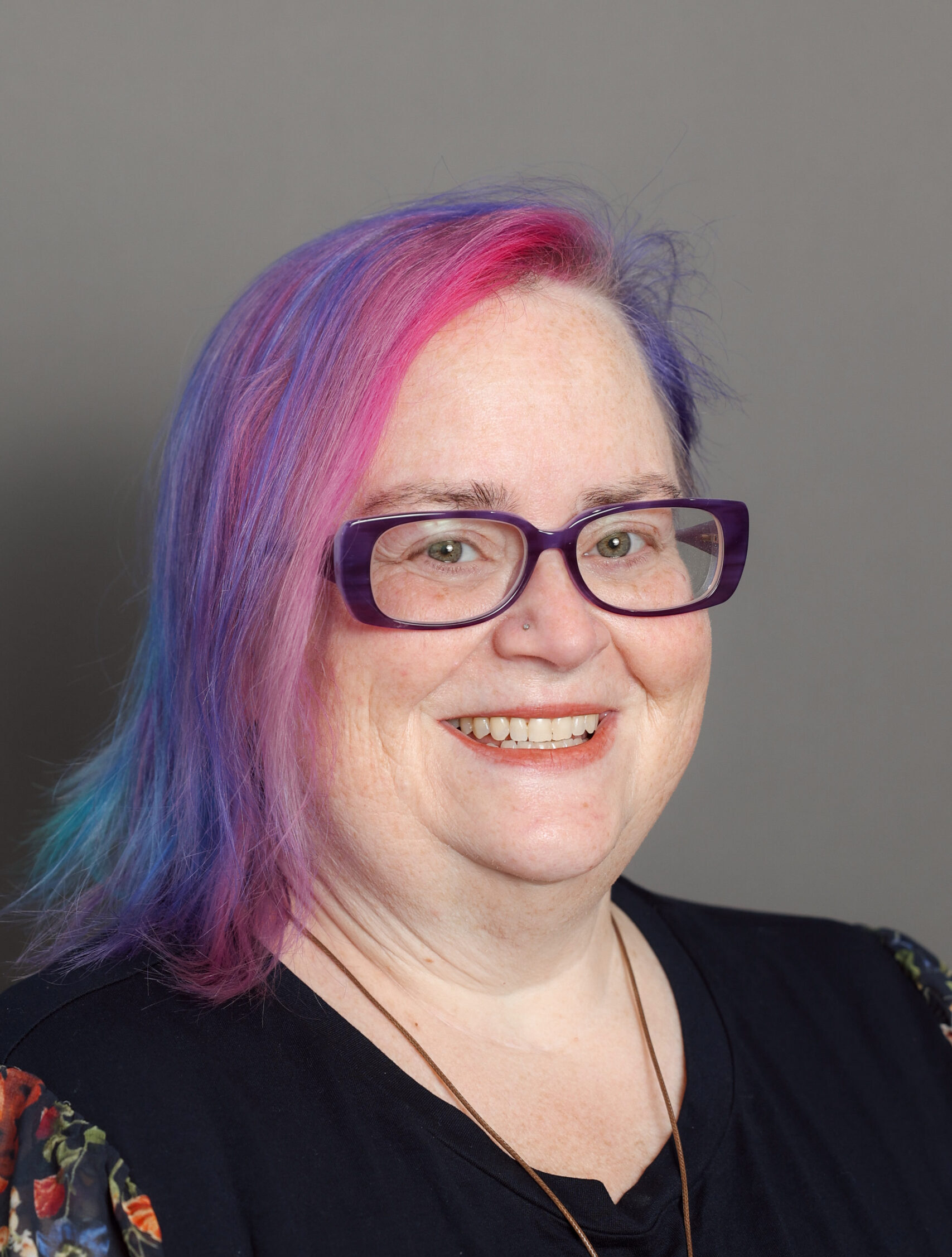From Issues to Geographies: Investing in Place-based Disaster Grantmaking
We often hear, “all disasters are local” and even with COVID-19, this adage holds true – perhaps even more so. This pandemic has upset our traditional modes of working and delivering services. Recovering is going to involve creating a new philanthropic and nonprofit landscape that prioritizes equity, partnership and collaboration that invests in local communities. […]

We often hear, “all disasters are local” and even with COVID-19, this adage holds true – perhaps even more so. This pandemic has upset our traditional modes of working and delivering services. Recovering is going to involve creating a new philanthropic and nonprofit landscape that prioritizes equity, partnership and collaboration that invests in local communities.
Maureen Lawless, vice president and director, member services at The Funders Network for Smart Growth & Livable Communities, describes the importance of this type of investment: “Place-based grantmaking takes into account the unique context of a local community – such as structural, demographic, economic and environmental realities and trends. Approaches to place-based grantmaking can include a commitment to the long-term, an understanding of community engagement and collaboration, and an equity-centered lens. It offers meaningful opportunities for impact, while also informing practice, as a chance for funders to listen, to learn and to adapt.”
Maureen is one of the panelists in our webinar on Tuesday, May 12, COVID-19: Place-based Grantmakers and Investing in Local Communities. In the context of disasters, place has always been important. Most disasters are limited in geographic scope, so response becomes very focused on building back a specific community or region. We also understand that each disaster begins and ends locally. Neighbors and community organizations are the first to respond. Then when all the media and national nongovernmental organizations (NGOs) leave, it is local organizations that are there still rebuilding from both the NGOs and the philanthropic sectors. How will this shift when every town, every city, every county is impacted by COVID-19? Tuesday’s webinar will explore the importance of investing in and strengthening local communities and organizations for an equitable recovery from the pandemic.
In my work on the frontlines of disaster response and in philanthropy, I’ve learned these general principles about local grantmaking:
- One size does not fit all. What works in one community might not work in another. By focusing on place, and valuing local leadership, philanthropy can learn what is needed in this place during this disaster.
- Begin by getting to know the community’s leadership. Most small communities have a few dedicated leaders who wear multiple hats. Even in big communities there tend to be a few folks who know everyone and everything. In both cases, the leaders may need a new set of skills to manage their recovery, but they can bring in the key players and the strengths of the community.
- It is important to grant “quick” dollars for community development work. Disasters shine a light on all the town’s vulnerabilities – if affordable housing was an issue before, it is more profound after. Investing in recovery services is an opportunity to do things differently . . . and better.
- Stay for the long haul. Nearly 15 years after Katrina, in my adopted hometown of New Orleans, I see the work that philanthropy and NGOs are still doing to help the unmet needs from the storm. Disasters are not over when the first responders, major NGOs or external philanthropy leaves. Disasters are over when the community is returned to some state of recovery and their “new normal,” whatever that might be.
- Collaborate and build coalitions. Some of the best work in disaster recovery (and philanthropy in general) stems from collaborative philanthropy and partnerships. Together we are stronger.
- Inequity can be reduced by a focus on place. Those who are most vulnerable before a disaster are also most vulnerable after the disaster. We are certainly seeing this during the COVID-19 crisis. We know that viewing recovery through an equity lens is critical and is done best in conjunction with a focus on place.
Plan to join us for the webinar; you can register here. The panelists will be sharing their experiences of years of work in place-based grantmaking, collaborations and coalitions, and applying equity lenses to philanthropy. Their information and practical suggestions will help us all be stronger grantmakers as we take on this pandemic.
More like this

For equitable recovery from COVID-19, we can’t leave LGBTQ+ people behind

